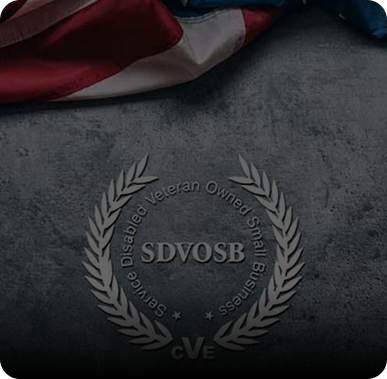The Procurement Sciences Blog
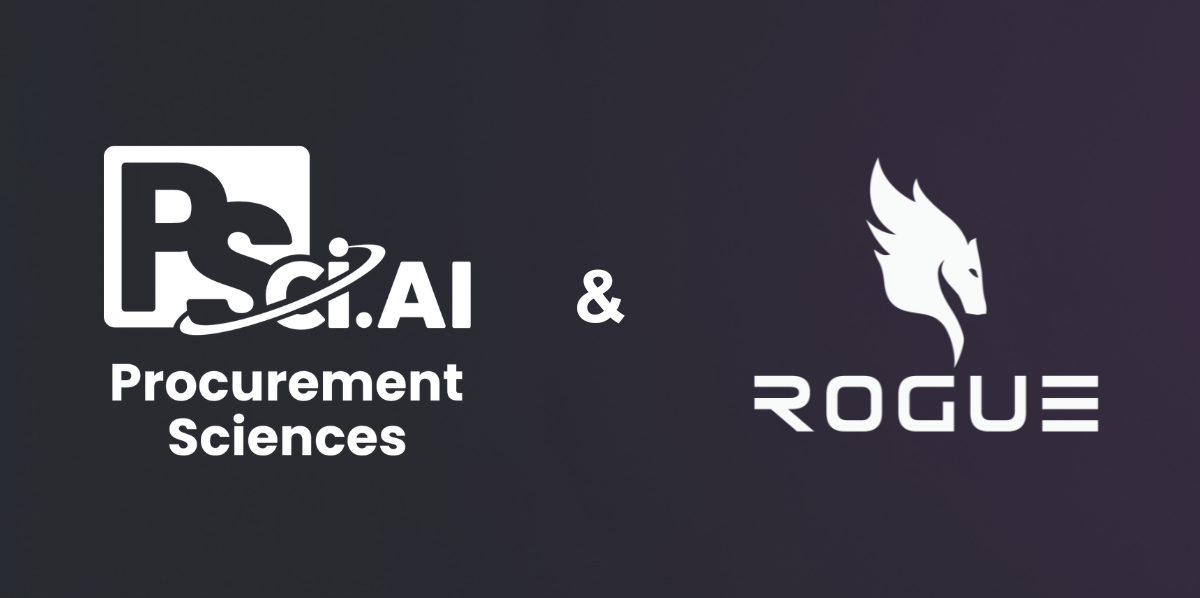
Blog
February 19, 2026
Procurement Sciences Acquires Rogue AI to Accelerate End-to-End AI Growth Platform for Government Contracting
Procurement Sciences Acquires Rogue AI to Accelerate End-to-End AI Growth Platform for Government Contracting

Blog
February 6, 2026
Best Loopio Alternatives and Competitors for GovCon Proposal Teams
Best Loopio Alternatives and Competitors for GovCon Proposal Teams
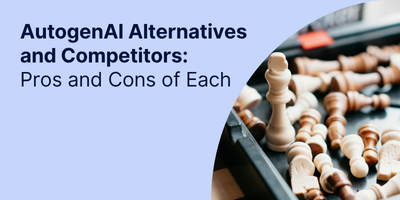
Blog
February 4, 2026
Best AutogenAI Alternatives for Enterprise and GovCon teams
Best AutogenAI Alternatives for Enterprise and GovCon teams

Blog
January 26, 2026
Best Government Proposal Management Software: What Federal Contractors Should Know
Best Government Proposal Management Software: What Federal Contractors Should Know
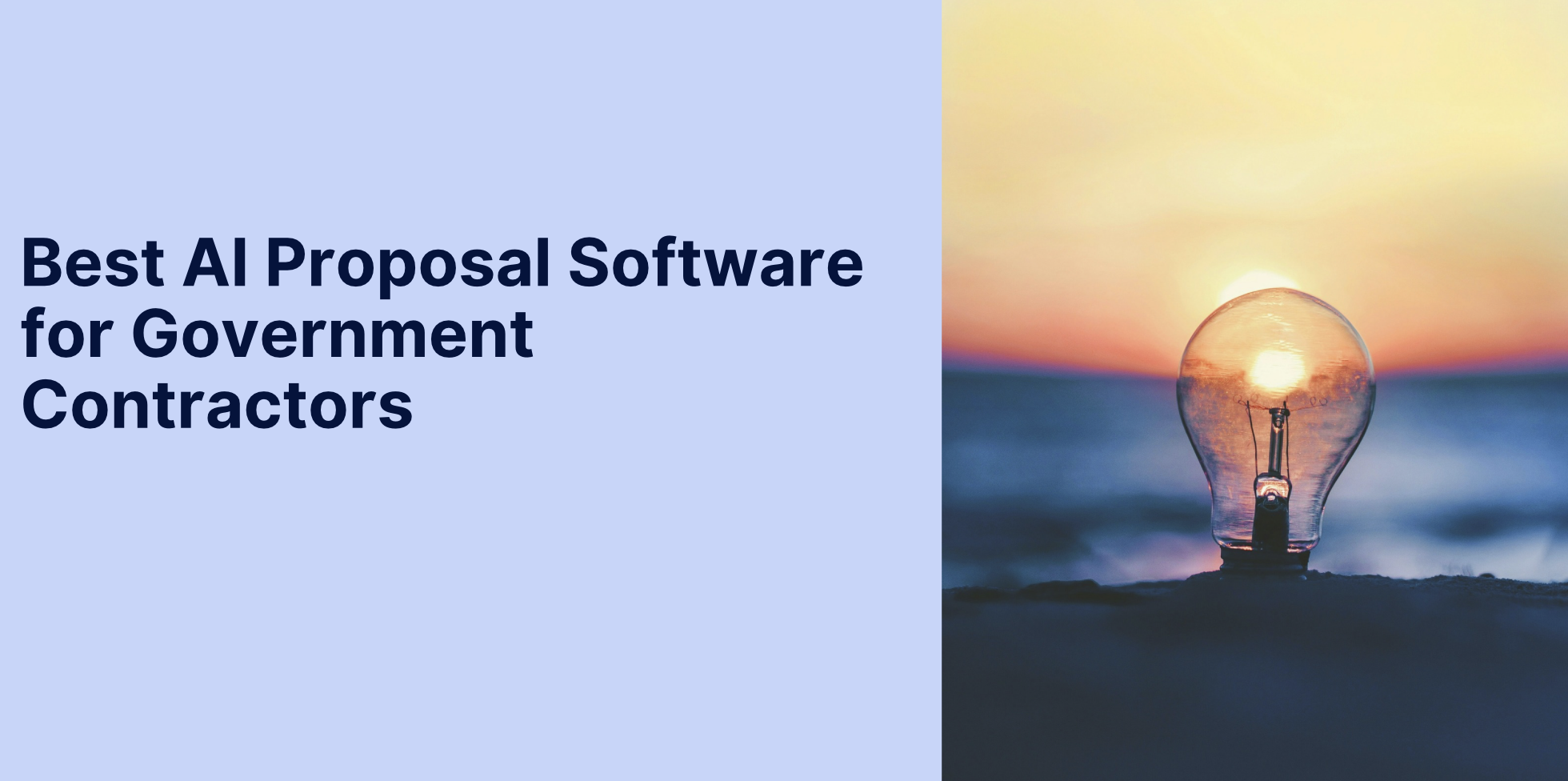
Blog
January 23, 2026
Best AI Proposal Software for Government Contractors
Best AI Proposal Software for Government Contractors
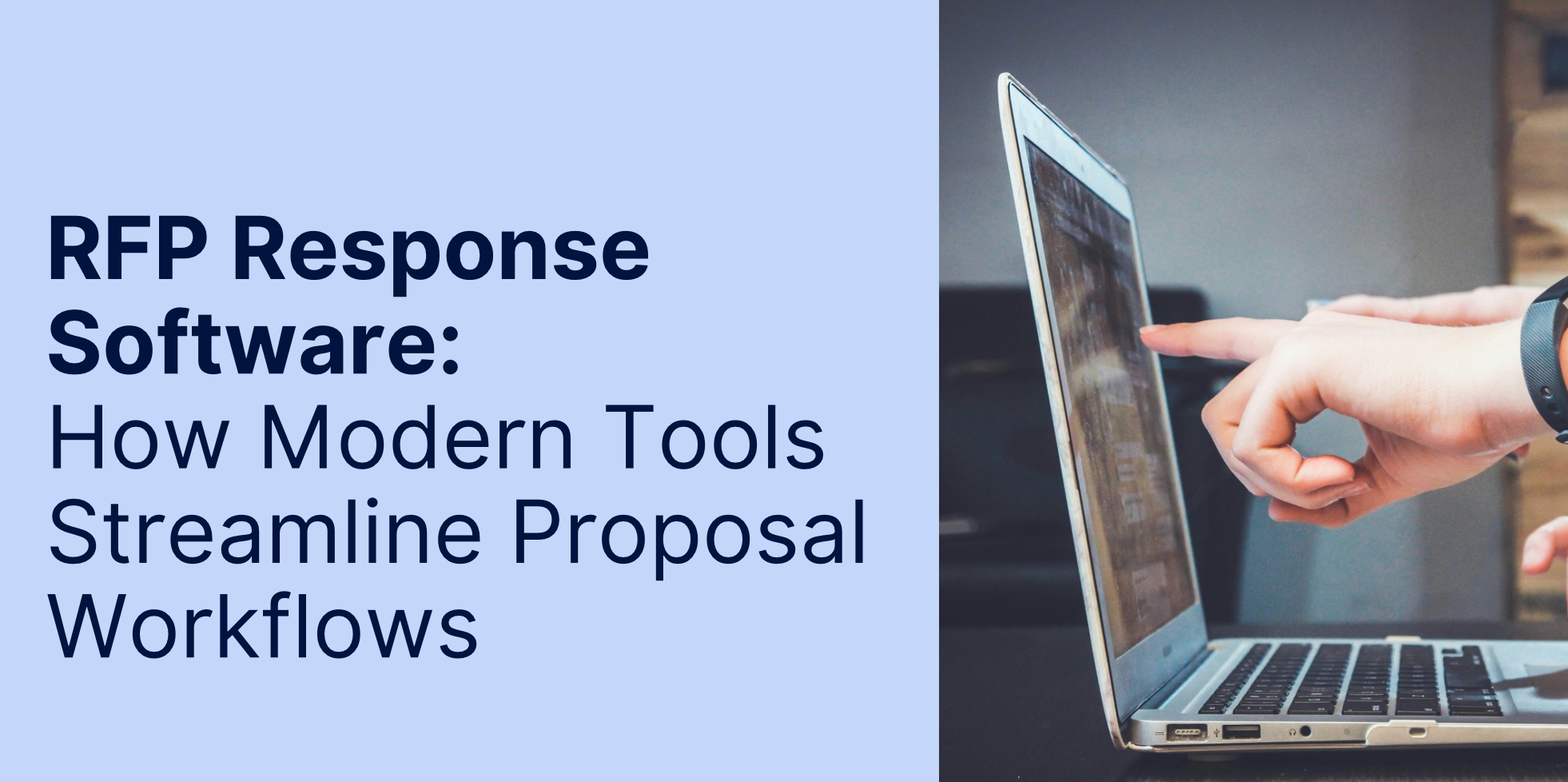
Blog
January 15, 2026
RFP Response Software: How Modern Tools Streamline Proposal Workflows
RFP Response Software: How Modern Tools Streamline Proposal Workflows

Blog
December 16, 2025
Why FedRAMP Authorization and CMMC Level 2 Are Now Table Stakes for GovCon AI
Why FedRAMP Authorization and CMMC Level 2 Are Now Table Stakes for GovCon AI

Blog
December 12, 2025
GovCons Don’t Buy Licenses - They Choose Industry-Credible Partners
GovCons Don’t Buy Licenses - They Choose Industry-Credible Partners

Blog
November 5, 2025
The Next Chapter Begins: Procurement Sciences Raises $30M Series B to Accelerate the AI Revolution in Government Contracting
The Next Chapter Begins: Procurement Sciences Raises $30M Series B to Accelerate the AI Revolution in Government Contracting


